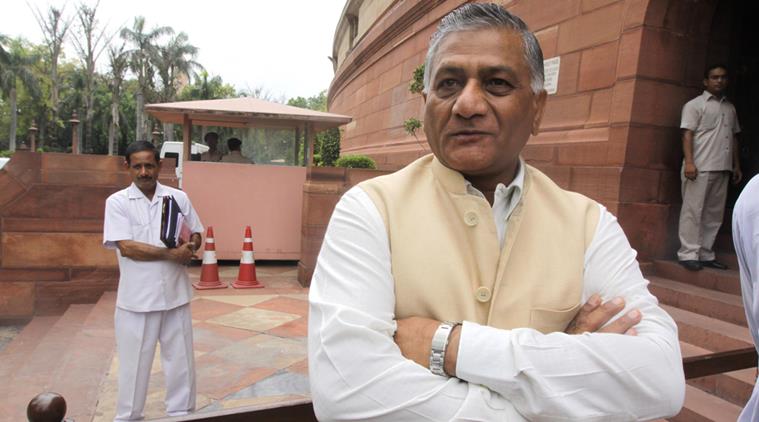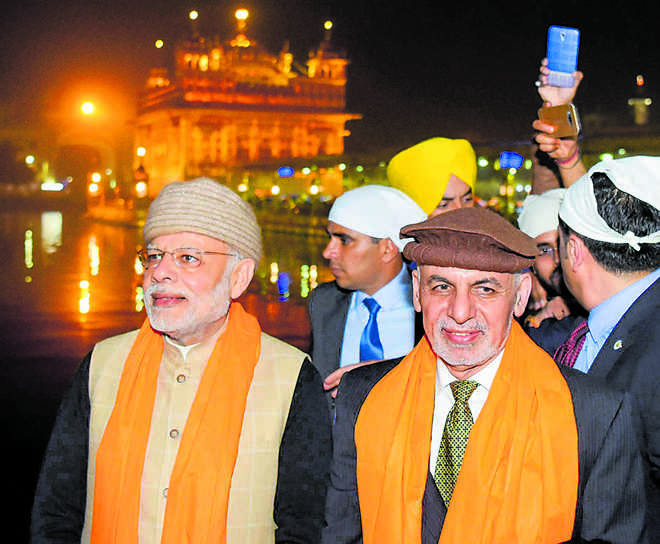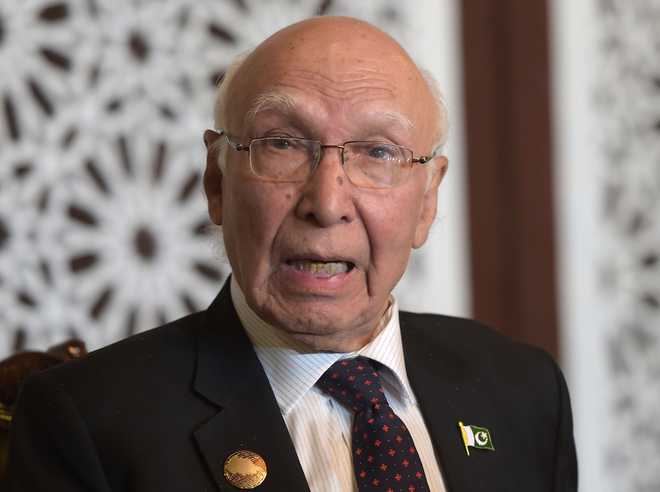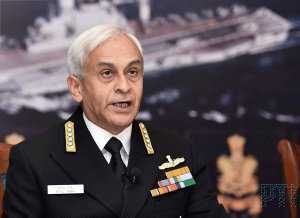New Delhi, December 18
Opposition parties on Sunday questioned the central government’s decision to appoint Lieutenant General Bipin Rawat by superseding two senior officers.
The development came a day after the government appointed Vice Chief of Army Staff Lt Gen Bipin Rawat as the new army chief superseding his two senior officers.
(Follow The Tribune on Facebook; and Twitter @thetribunechd)
Congress spokesperson Manish Tewari demanded to know why two senior officers — Eastern Army Commander Lt Gen Praveen Bakshi and Southern Army Command chief Lt Gen PM Hariz — were superseded.
“With all due respect to Gen Rawat’s professionalism and no personal animus towards anybody, there is a legitimate question that why has that supersession taken place,” he said, calling the central government’s defence that the grand old party had made similar decisions in the 80s and that latest decision was not unprecedented “complete nonsense”.
“Every situation has its own context and, therefore nothing can be extrapolated out of context in order to justify a supersession. So, therefore the government needs to answer this legitimate question as to why these senior army commanders were superseded,” he said.
“Did the government have anything against them? Was their professionalism in question? What was the reason and I guess the army being a public institution the country deserves those answers,” Tewari said.
CPI leader D Raja also questioned the government’s move.
“Appointments in the army have become controversial, the appointments in the judiciary are already controversial, the appointments of CVCs, CBI director and to Central Information Commission, all these top-level appointments are becoming very controversial,” he said.
Also read:
Bipin Rawat to be Army Chief, Dhanoa to head IAF
Calling the development “very unfortunate”, Raja said it was not in the interest of democracy and the country.The Nationalist Congress Party (NCP) said although such appointments were the central government’s prerogative, the ruling dispensation cannot brush aside considerations such seniority, competence and integrity.
NCP leader Majeed Memon said: “The Army Chief’s appointment is a prerogative of the government, but you cannot just brush aside all considerations like seniority, competence, integrity and the degree, services and performances that are expected from a man who is incumbent.”
“The Army chief, RAW chief, CBI chief, these are all vitally important positions where we expect the service to the nation and Indian society must be up to the mark, otherwise we suffer either externally or internally.”
‘Politics’
The BJP has criticised the Congress for questioning its decision and “politicising” the issue.
BJP leader Siddharth Nath Singh said it was “extremely unfortunate” that the Congress “looks to politicise everything”.
“Therefore, the Congress spokesperson (Manish Tewari) should resist about it because the chief of the Army has been appointed and this is not the first time that the supersession have been done,” Singh said.
“There are other cases in the Indian Air Force, Indian Navy…also the same thing has happened. So, let’s not politicise each and everything and particularly when it comes to the Indian armed forces. It’s very sad that the Congress is trying to politicise this appointment,” he added.
Meanwhile, Ministry of Defence (MoD) sources have stated that Lt. General. Bipin Rawat, who has been appointed as the next Chief of Army Staff, was found best suited among current batch of candidates of Lt. Generals, to deal with emerging challenges, including a reorganised and restructured military force in the north, continuing terrorism and proxy war from the west, and the situation in the North-East.
Lt. Gen. Praveen Bakshi, General Officer Commanding-in-Chief of Indian Army’s Eastern Command at Kolkata, and the senior most General to succeed Dalbir Singh, was superseded in the appointment.
And Air Marshal Dhanoa was commissioned into the fighter stream of the IAF in June 1978. He has served in various squadrons, and in the Intelligence Directorate of Air Headquarters. — Agencies
Appointment of army chief should not be politicised, echoes defence community – ANI news
http://Lt General Bipin Rawat Named New Army Chief
http://Congress questions Bipin Rawat’s appointment as Army Chief













 V K Singh made 11 trips while D V Sadananda Gowda made 17.
V K Singh made 11 trips while D V Sadananda Gowda made 17.


































































